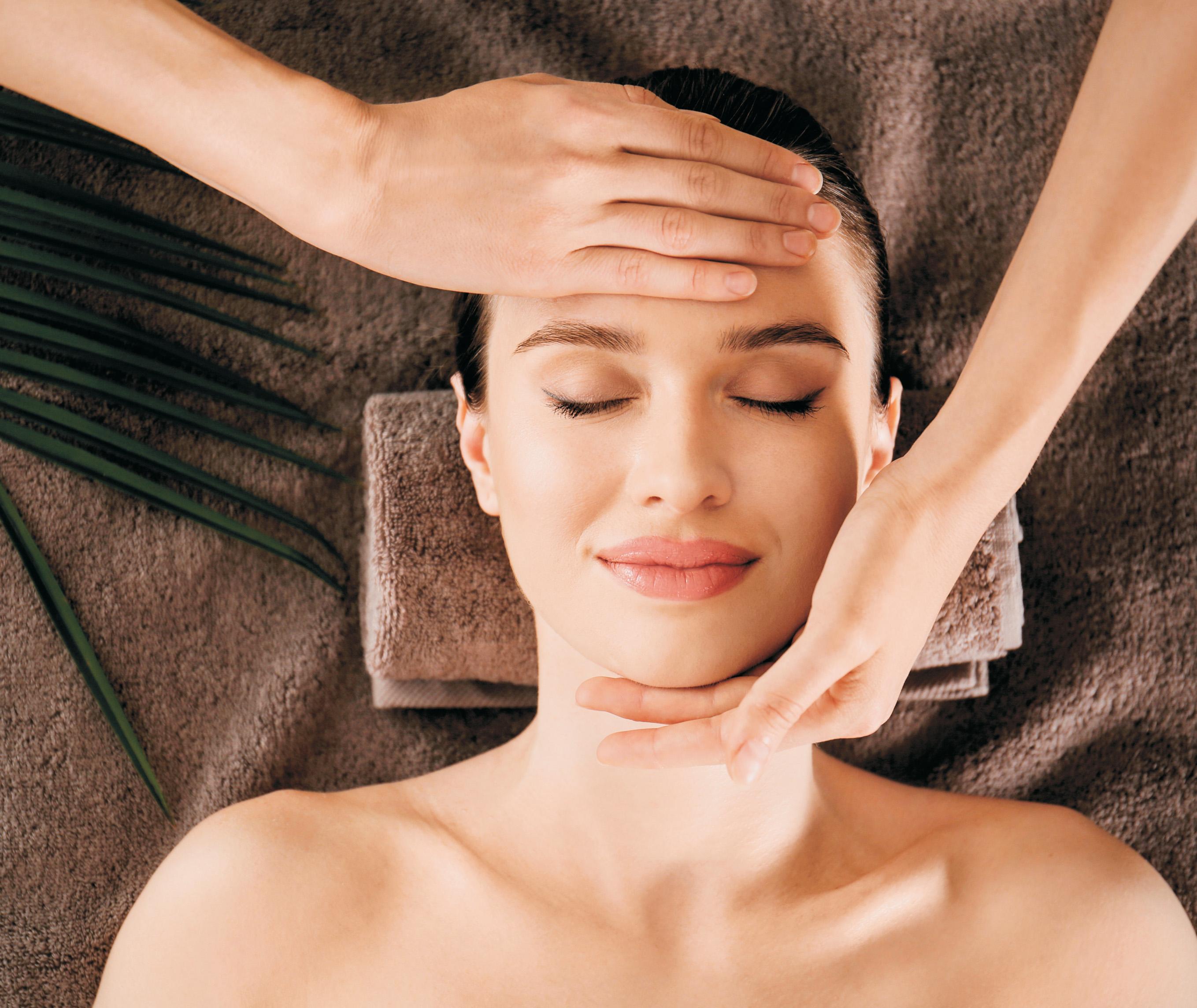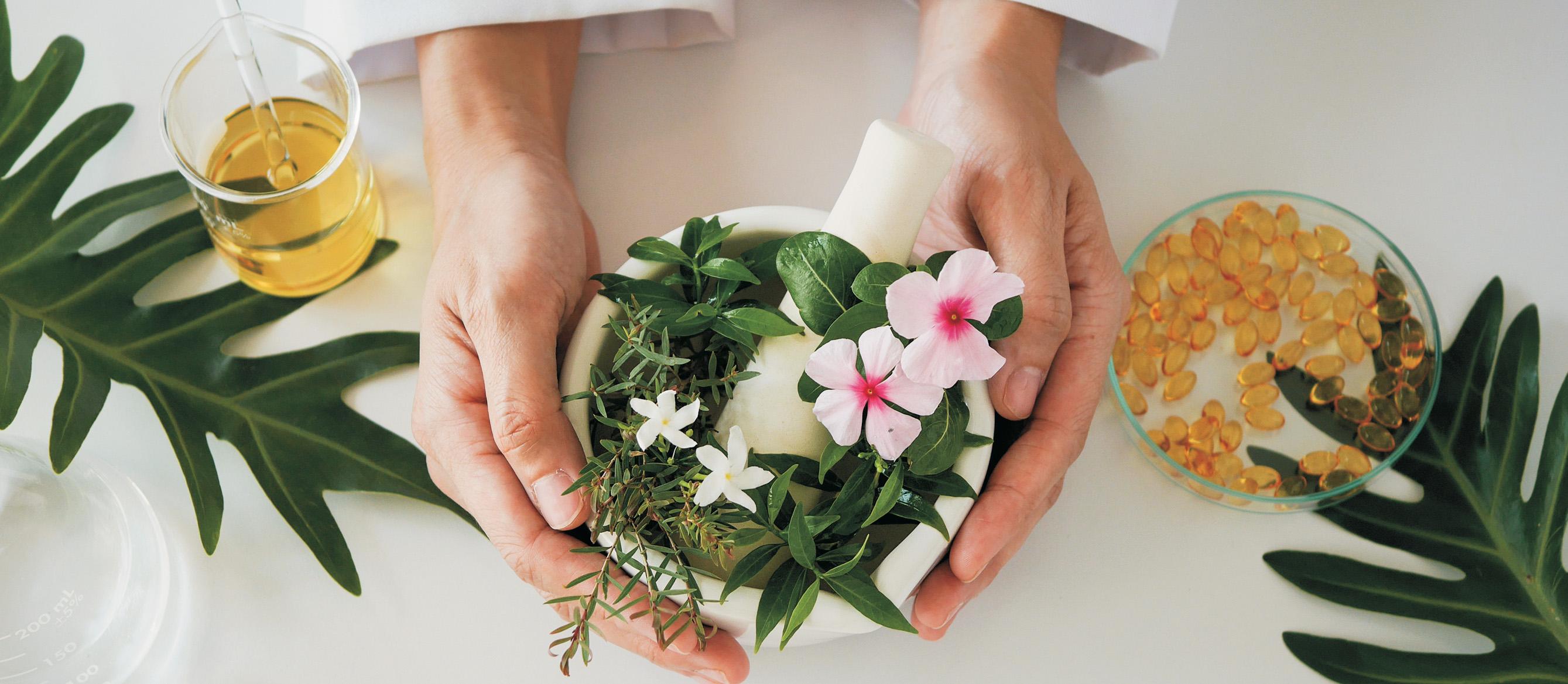spa therapies
Why There's No Such Thing as a Healthy Sun Tan By Lamelle Research Laboratories A healthy tan? Turns out there’s no such thing. Not according to most of the scientific evidence we have so far, anyway. In fact, all the evidence points to the exact opposite: a suntan is bad for you. Here’s why: The 3 Myths of A “Healthy” Suntan
It can reflect light from a smooth skin surface for a healthy luminescent look (which implies healthy skin cell turnover and smooth complexion, rather than colour). Or it can diffuse light from an uneven, poor textured skin surface, which doesn’t give you a good glow.
So What as a Suntan Then, Really? “A tan simply is not normal,” Dr. Wagemaker explains. “There is no such thing as a ‘healthy’ tan because the tan itself is already an immune response to a mutation that’s happened in your skin. “The perceived browning of your skin you get from a tan is your body’s desperate attempt to try and recover from a state of physiological damage. That’s why you peel afterward – your body’s trying to get rid of the damage before it spreads.
“There’s this perception that if you get just a light tan at the start of summer, your skin will naturally be better protected from the sun,” says Dr Bradley Wagemaker, founder and Medical Director of Lamelle Research Laboratories. “This is unfortunately not true. And I think it stems from a few common misconceptions about our skins and the sun.”
When we talk about uneven skin texture, you know that dehydration will be one of the main culprits. Sunlight definitely dehydrates your skin. So, no, a suntan doesn’t provide a glow. See our post on how to get truly glowing skin.
Researchers looked into this and found that, naturally, sun exposure does trigger your skin to produce more melanin (that’s why your skin seems to go browner). Melanin is your body’s natural “sunscreen”. “But, I think everyone has hugely overestimated just how UV-protective the melanin in your skin really is,” Dr Wagemaker explains. “Turns out that the amount of sun protection melanin offers is only equivalent to SPF 3. “And that’s simply not enough to really protect you against the sun.”
Another myth that’s rooted in some truth. Your body needs Vitamin D for a healthy heart, immune - and nervous system. It’s absolutely vital. Your body only produces Vitamin D when exposed to UV light. So, unfortunately, people use this as an excuse to spend more time in the sun.
“And you’re essentially strutting around showing off your mutated skin cells. I’d much rather get proper sun protection, and then, if you want the brown look, reach for the self-tan instead.”
But that’s not 100% correct. Yes, you need UV light to produce Vitamin D, but it turns out that you really don’t need that much. Online, most self-proclaimed pundits say you need at least 30 minutes of sun per day for healthy Vitamin D. That’s not taking into account our individual skins. Especially fairer skin is much more adept at producing enough Vitamin D even in low light conditions. So, it’s probably more like you should get only an absolute maximum of 30 minutes of sun-protected sun exposure per day. If even that much. Remember, our technology today is way more advanced. In fact, you can now totally avoid the sun, without losing any Vitamin D, thanks to Vitamin D supplements. That’s exactly what
Lamelle Research Laboratories has a few ranges of sun protection products that also help keep your skin looking youthful. For advanced sun and DNA damage protection for younger skin, see our Nourish range. And, if the aging damage is already quite far along, try Lamelle Helase 50. There are also loads of powerful serums that will help protect and even brighten your skin among our Lamelle Correctives. And you can even ask your therapist about special professional treatments for sun damage.
Myth 3: You Need Vitamin D, So You Should Spend Myth 1: A “Light” Tan Protects Your Skin From UV More Time In The Sun
Myth 2: A Sun Tan Gives Your Skin A Glow There’s this misconception that if you get a tan, your bronze skin will give you a healthy summery “glow”. We actually have evidence of the opposite. When asked what a skin glow actually is, Dr Wagemaker explains that it’s about how your outer skin structure reflects light.
28
the D3 in Lamelle Research Laboratories pigmentation supplement Ovelle D3 stands for – it has added Vitamin D3, so you don’t have to go into direct sunlight at all.
Get Proper Sun Protection
For more information visit: www.lamelle.co.za
















